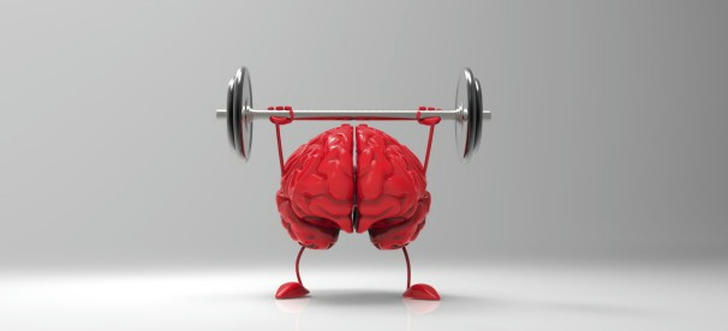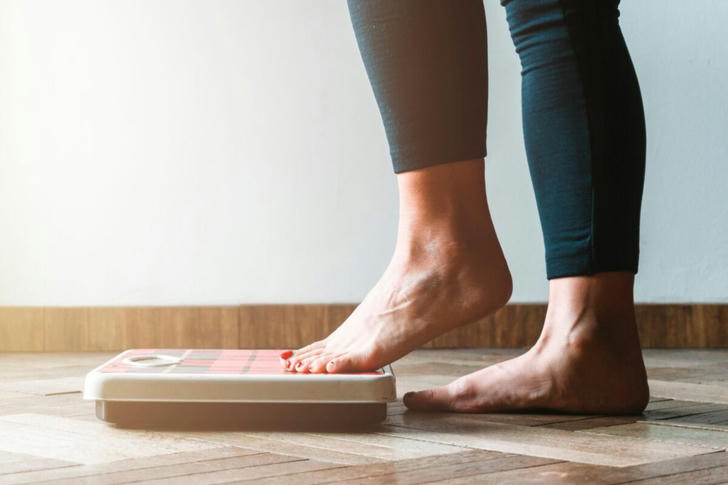These 10 Science-Backed Strategies Can Sharpen Your Memory

Ever find yourself searching for your keys or forgetting a familiar name? Memory lapses happen to everyone, especially during hectic times. While occasional forgetfulness is common, consistently struggling to recall things can be frustrating. Fortunately, your memory isn't entirely at the mercy of genetics. Alongside diet and lifestyle choices, there are natural, research-supported methods that can help enhance your memory and keep your mind sharp. Here are 10 practical ways to give your brain a boost.
1.Cut Back on Added Sugar

We all love a sweet treat now and then, but overindulging in added sugars can mess with your memory. Research shows that high sugar intake is linked to a smaller brain volume and poorer memory, especially in areas responsible for short-term memory. For example, a study with over 4,000 people found that those who drank lots of sugary beverages like soda had weaker memories and smaller brains compared to those who consumed less sugar. So, cutting back on those sugary drinks not only helps your memory but is also a win for your overall health!
2.Incorporate Fish Oil Supplements

Fish oil is like a superfood for your brain! Packed with omega-3 fatty acids—EPA and DHA—fish oil supports brain health in amazing ways. These nutrients help reduce inflammation, lower heart disease risk, and can slow mental decline. Studies show that taking fish oil supplements or eating more fish can improve memory, especially in older adults. In fact, a review of 28 studies found that people with mild memory issues saw better memory performance after taking DHA and EPA supplements.
3.Practice Meditation

Meditation isn’t just for relaxation; it’s great for your memory too! By practicing meditation, you can increase gray matter in your brain, which is crucial for memory and cognition. As we age, gray matter naturally decreases, which can affect memory. But don’t worry—meditation can help. Research shows that meditation improves short-term memory across all ages.
4.Maintain a Healthy Weight

Staying at a healthy weight isn’t just good for your body; it’s crucial for your brain too. Obesity has been linked to cognitive decline and can negatively affect memory by altering brain genes and causing inflammation. A study of young adults found that those with higher body mass indexes had worse memory test results. Keeping your weight in check can help protect your memory and lower your risk of conditions like Alzheimer’s disease.
5.Get Your Beauty Sleep

Did you know that a good night’s sleep is essential for a sharp memory? Sleep isn’t just about recharging your body; it’s also crucial for turning short-term memories into long-term ones. Skimping on sleep can really affect your ability to remember things. For instance, research shows that kids who sleep after learning perform better on memory tests. And for the night owls out there—nurses working night shifts make more mistakes and score lower on memory tests compared to those on daytime schedules. Aim for 7 to 9 hours of sleep each night to keep your memory in top shape.
6.Moderate Your Alcohol Intake

Enjoying a drink now and then is fine, but excessive alcohol can take a toll on your memory. Binge drinking, where you consume a lot of alcohol in a short period, has been linked to memory problems. Research found that college students who binged on alcohol had trouble recalling information compared to their non-binge-drinking peers. Alcohol can even damage the hippocampus, a key brain area for memory. So, it’s a good idea to keep your alcohol consumption in check to protect your brain and memory.
7.Have Fun with Brain Games

Who says boosting your memory has to be boring? Engaging in brain games like crosswords, puzzles, or memory apps can be both fun and beneficial. Studies show that these activities can improve memory. For example, adults who played brain-training games saw improvements in memory tests. Plus, dedicating just 15 minutes a day to brain exercises can make a big difference in your memory, concentration, and problem-solving skills. So, why not challenge yourself with a brain game and give your memory a workout?
8.Get Your Vitamin D Levels Checked

Vitamin D is more than just a sunshine vitamin; it’s crucial for brain health too! Low levels of vitamin D have been tied to quicker memory loss and cognitive decline. A study tracking 318 older adults found that those with vitamin D levels under 20 nanograms per milliliter experienced faster cognitive decline than those with sufficient levels. Since vitamin D deficiency is common, especially in colder climates or among those with darker skin, it’s a good idea to ask your doctor for a blood test. If you’re low on vitamin D, a supplement might just give your brain the boost it needs!
9.Exercise Regularly

Getting your body moving isn’t just good for your heart—it’s great for your brain too! Exercise has been shown to enhance memory and cognitive function across all ages. For instance, a quick 15-minute workout on a stationary bike improved memory in people ranging from 19 to 93 years old. Regular physical activity increases the production of neuroprotective proteins and supports neuron growth, which is essential for brain health. Plus, staying active in midlife can lower your risk of developing dementia later on. So, whether it’s a brisk walk or a bike ride, make exercise a regular part of your routine to keep your brain in top shape!
10.Opt for Anti-Inflammatory Foods

What you eat can play a big role in how well you remember things. A diet rich in anti-inflammatory foods can help protect your memory by reducing oxidative stress caused by free radicals. Load up on fruits, vegetables, and teas high in antioxidants to keep inflammation at bay. Studies show that people who eat more fruits and veggies have a lower risk of cognitive decline and dementia. Berries, in particular, are packed with antioxidants like flavonoids and anthocyanins, which are great for brain health. So, snack on some berries or add more colorful fruits and veggies to your meals to give your memory a natural boost!
Try incorporating these tips into your daily routine and watch your memory improve while also enjoying a healthier lifestyle!
